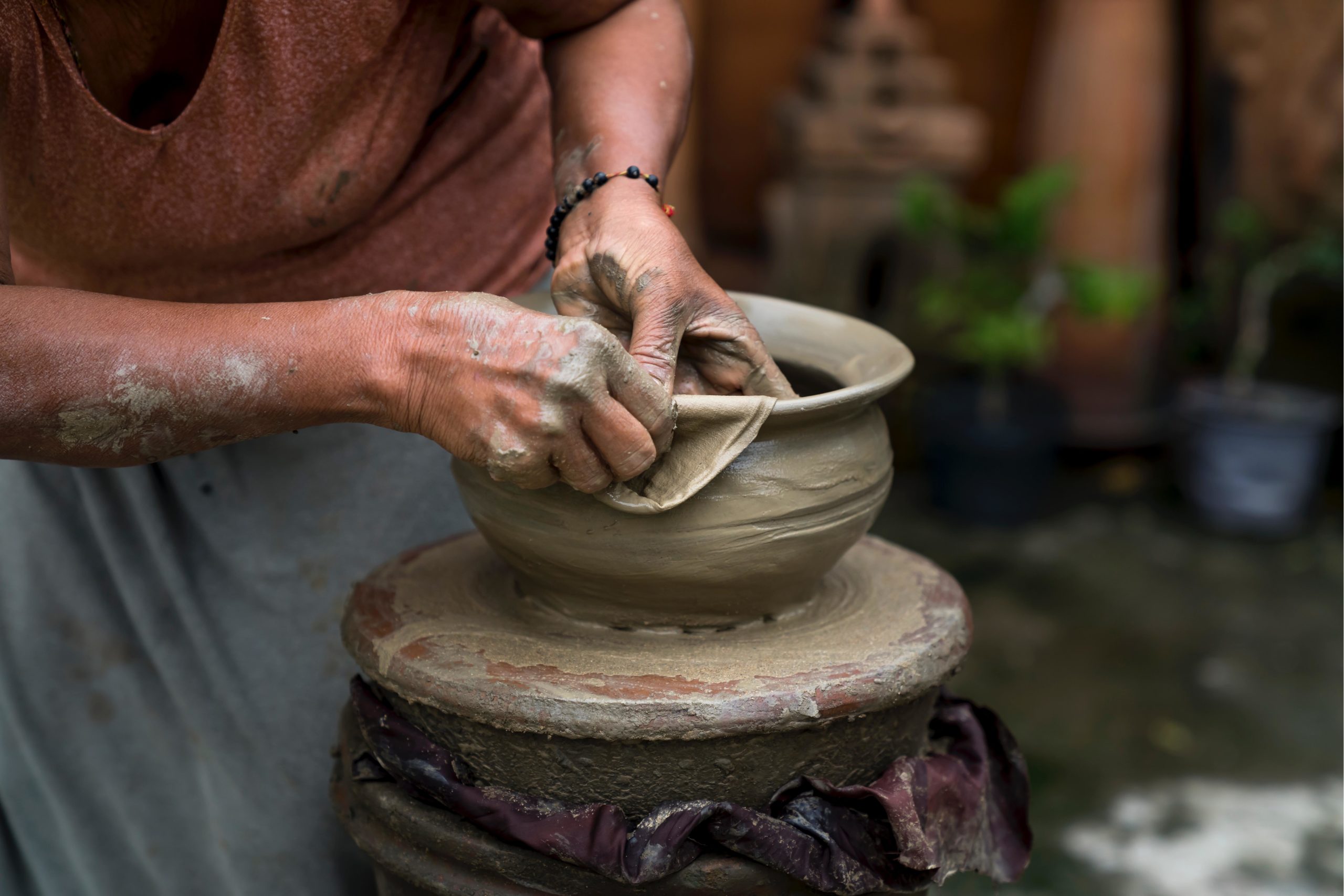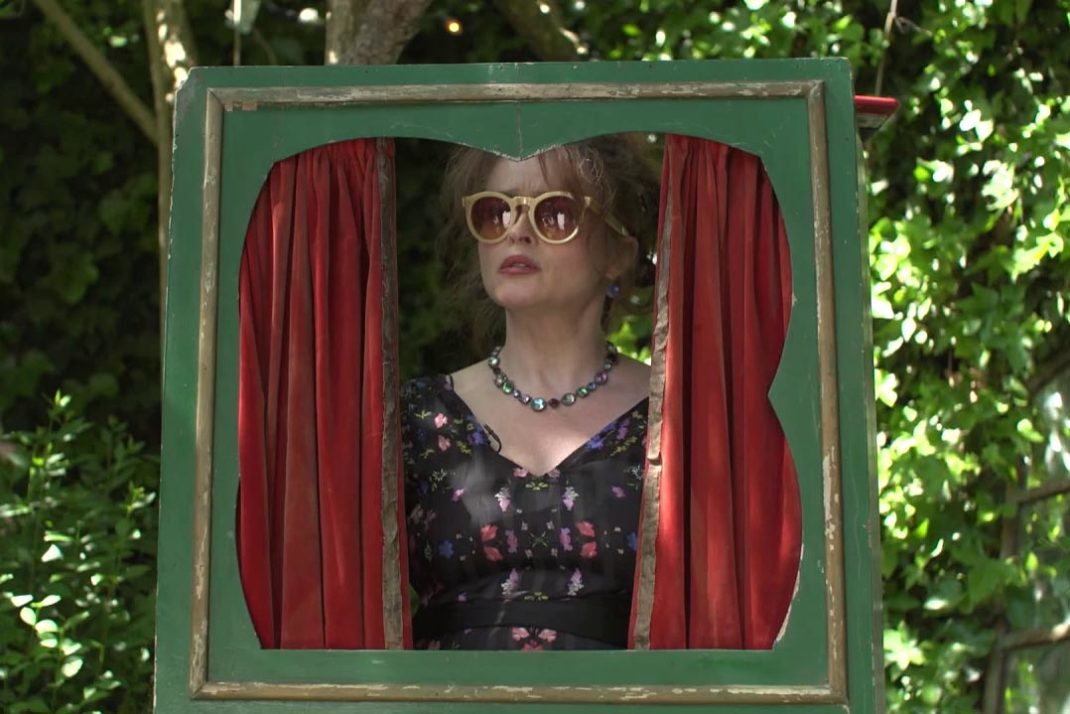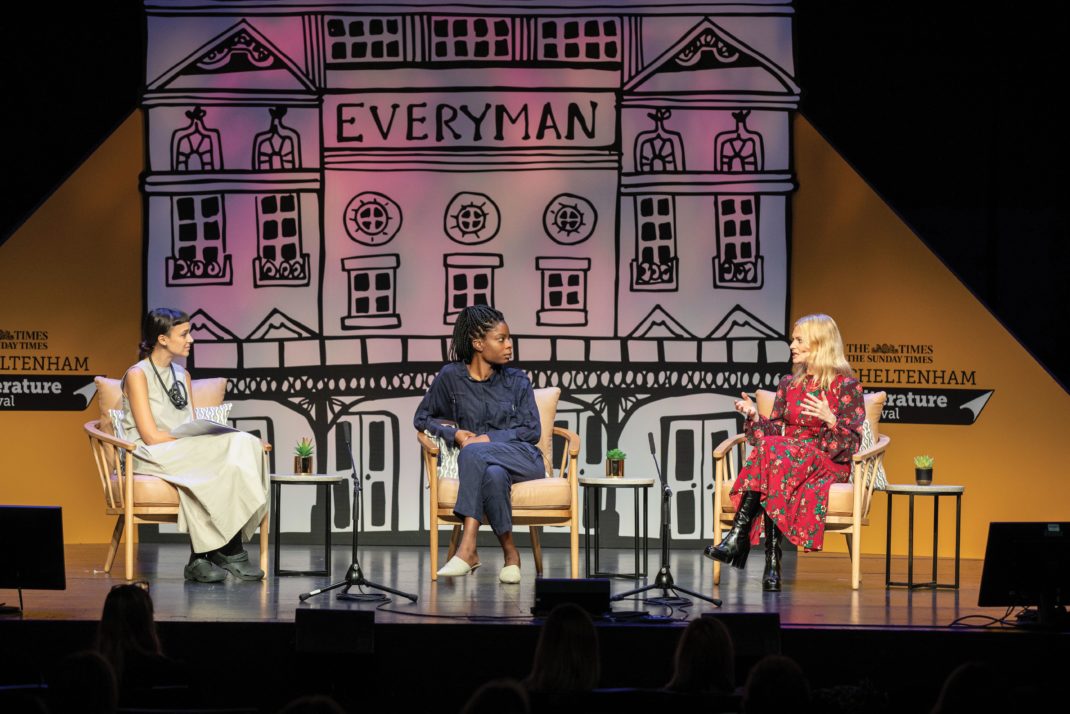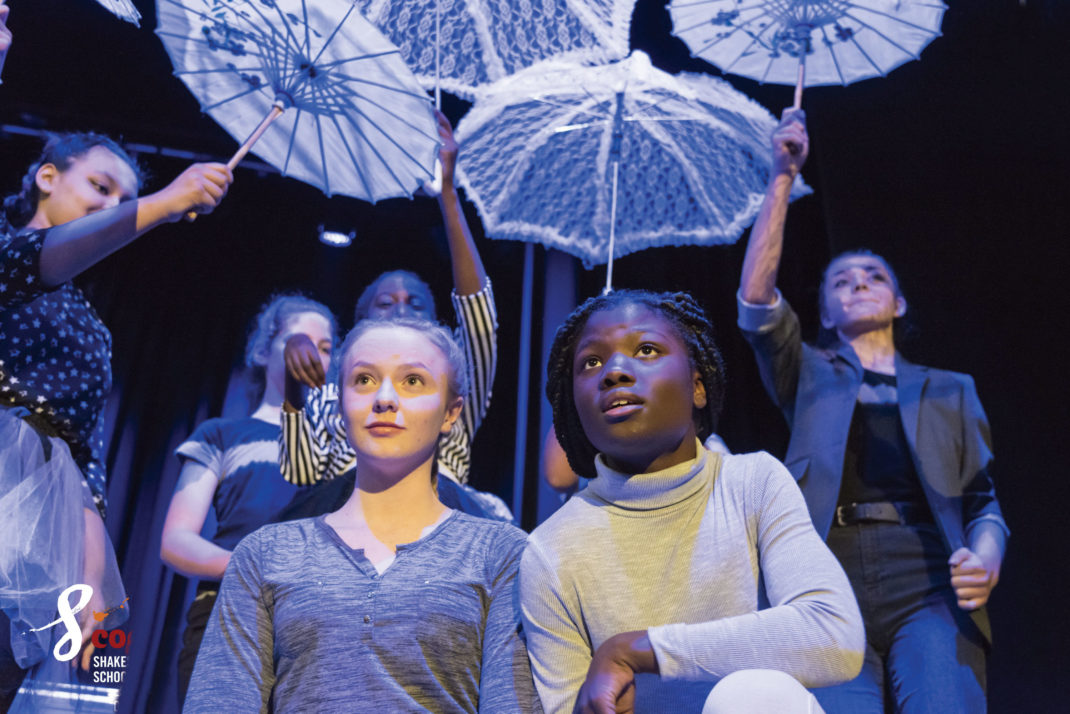
- HOME
- CULTURE
Why The Next Cultural Revolution Is Here
Neil Mendoza on why a swift recovery for the Arts and culture is crucial after Covid
By | 3 years ago
Culture was dealt a bludgeon blow by Covid-19, yet it is vital to the nation’s recovery, restoring global confidence in our creative industries as well as healing hearts and souls. Save it we must, but that requires innovation and intervention from our Great British Brands. This could be their chance to save themselves, says Neil Mendoza.

Photo: © Hay-on-Wifi (2020)
When I was appointed Commissioner for Cultural Recovery and Renewal, my immediate thought was just how crucial culture is in helping us not just survive this pandemic but move on as a thriving society. Education, sport and hospitality have all been hard-hit by Covid-19 but it is culture that’s been given a sector deal all of its own. It is culture that the government is determined to rescue, because of its irreplaceable role as the glue to a cohesive society.
Prior to the pandemic the creative industries comprised one of the fastest growing sectors of the economy, contributing £111.7bn Gross Value Added (which is greater than automotive, aerospace, life science and the oil and gas industries combined) and growing more than five times the rate of the British economy as a whole. Until recently, the creative industries employed more than two million people in Britain, exporting £36 billion in services worldwide and accounting for almost 12 per cent of our services exports.
I’m often asked why the loss of a theatre, an art gallery or a small local museum is so drastic. Culture sustains and nourishes our souls and that should be a good enough reason to save those cultural venues, however small or local. Yet beyond that, looking at cultural institutions and enterprises big and small around the country, it’s obvious they represent Britain’s soft power and are essential for our economic growth and recovery.
Sign up to the Great British Brands Newsletter
London is a successful city, not for its banks or plethora of high street phone companies, but because of its vibrant culture. International tourists don’t flock to Britain for our landscape or beaches (though they should do that too). They come for our heritage, our culture. Four out of five tourists to London say that culture is the reason for their visit. One of the most trusted, respected and instantly recognisable brands on the planet is the BBC. (Think about the hundreds of millions round the world that listen to or watch BBC News.) Globally, Brand Britain is entwined with our culture – from our museums, heritage and performing arts through to television and film. With Brexit it’s even more important to shore up our culture if we are to maintain a strong voice around the world.

Photo: © Times and Sunday Times Cheltenham Literature Festival
The government cannot do this alone and brands now have an extraordinary opportunity and imperative to become involved. During 2020, many brands saw their survival was dependent on supporting and earning the goodwill of their communities. Most cultural organisations are embedded in their communities already, offering an enormous variety of outreach programmes from schools and prisons to hospitals and care homes. Indeed, Art Council grants are dependent upon a cultural organisation providing evidence of helping its community.
The Best Virtual Art Exhibitions 2021
Take the House of Memories dementia programme, created by the National Museums of Liverpool and including Walker Art Gallery, World Museum, Sudley House and Lady Lever Art Gallery. It offers training, access to resources, and revitalising museum-based activities for people with dementia and their carers. Or look at The Shakespeare Schools Foundation, which introduces children from all backgrounds to the Bard, enabling them to perform his work in real theatres alongside other schools and thereby help build the confidence and crucial skills they need to succeed in life.
Then there’s Manchester Museum, investing £11.5 million, on top of a £5 million government grant, to build the first South Asia Gallery in the north. Nine per cent of Greater Manchester’s population is South Asian in origin, so the gallery will draw on some of the best of the national collections to showcase the region’s history and cultures, and engage its diverse communities, day visitors and tourists.
One of my favourite museums of all is a tiny marine museum in Tynemouth known as the Watch House. It’s the perfect example of a successful community museum because it serves as a fully operating volunteer marine rescue service while also containing a treasure trove of artefacts that recreate the history of the Tynemouth Volunteer Life Brigade and its involvement in heroic coastal rescues from the past 150 years. It’s also a local venue for rotary dinners, weddings and the like.

Photo: Maxine Peake, Miss Fozzard Finds Her Feet. © Zac Nicholson
These examples illustrate how the survival of culture is crucial to the nation’s future – and Great British Brands should look at how they can be instrumental in that rescue. Lockdown has seen a shift in people who no longer want, or can’t afford, to live in cities. Brands need to find new ways of reaching those customers as they scatter through the country, as traditional advertising and marketing routes close down.
One way to reinvent branding is revisit the passion for craftsmanship that culture and luxury brands share. I have watched visitors to Landmark Trust sites spellbound by seeing craftsmen at work, from thatchers and dry stone wallers to master carpenters and gilders. This fascination extends to our industrial heritage – think about people’s love of steam railways. We need to cherish all our craftsmen, whether it’s a picture framer in a museum, an actor, watchmaker or ironmonger, for the sake of nurturing our heritage. I believe the role of culture is to create something beautiful with a higher social purpose, and this is where the aims of the culture and the luxury sector clearly collide – particularly as discerning customers increasingly demand that their chosen brands demonstrate a clear sense of purpose. Creative collaborations between culture and brands can only create benefits for both sectors.
The pandemic has forced every theatre, museum, concert hall, art gallery or cultural organisation to think of new ways of doing things. The Hay Festival went entirely virtual during 2020’s spring lockdown – to the point of being nicknamed Hay-on-Wifi by the Prime Minister. It drew in an enormous new audience, as did the Times and Sunday Times Cheltenham Literature Festival, which, for an affordable fee, combined live and longer-term streamed events. Both festivals proved an ability to adapt and refresh their models.
Theatre to Look Forward to in 2021
These successes show it’s not enough for theatres just to film a play and shove it out online. Venues set to survive and thrive in the future are those which rose to the challenges of lockdown by commissioning new material or seeking out plays more suited to online viewing. London’s Donmar Warehouse put on an acclaimed lockdown production of Midnight your Time starring Diana Quick, for example, while The Bridge Theatre reworked Alan Bennett’s Talking Heads.

Photo: Shakespeare for Schools
Museums and galleries will also be forced to raise their game and improve on those unsatisfying camera tours that currently swoop unsteadily around exhibitions. The Frick in New York responded superbly by offering online Cocktails with a Curator, an opportunity
to enjoy an expert’s view on a painting over a drink poured comfortably at home – the consumer’s experience of art cleverly reimagined.
In this terrible Covid levelling, it’s hard to predict the great performing arts and cultural institutions of the future, yet it’s also an extraordinary opportunity for young people and brands to get involved. Brands have the potential to help whole cities recover, by working alongside cultural organisations that are already closely involved with their communities. It’s in their interest to collaborate with artists at every level – for who will the opinion-formers of the future be influenced by, if not writers, artists, movie stars, actors and musicians?
As someone overseeing a rescue fund worth £1.6 billion, my first question to cultural institutions seeking aid is: what do you plan to do to help your community recover? Never have the goals of culture and the luxury sector been so perfectly aligned. Brand Britain will erode and tarnish if we allow our culture, renowned the world over, to wither. If that happens, Great British Brands will lose their lustre and relevance. ‘Made in Britain’ has cachet because it’s the home of craftsmanship. Lose that world reputation and Brand Britain irretrievably loses its value.
Let 2021 be the year our culture recovers – refreshed and stronger than ever. Every British brand stands only to gain from investing in that recovery and renewal.
READ MORE
Great British Brands / Theatre to Look Forward to in 2021 / The Best Art Exhibitions of 2021



